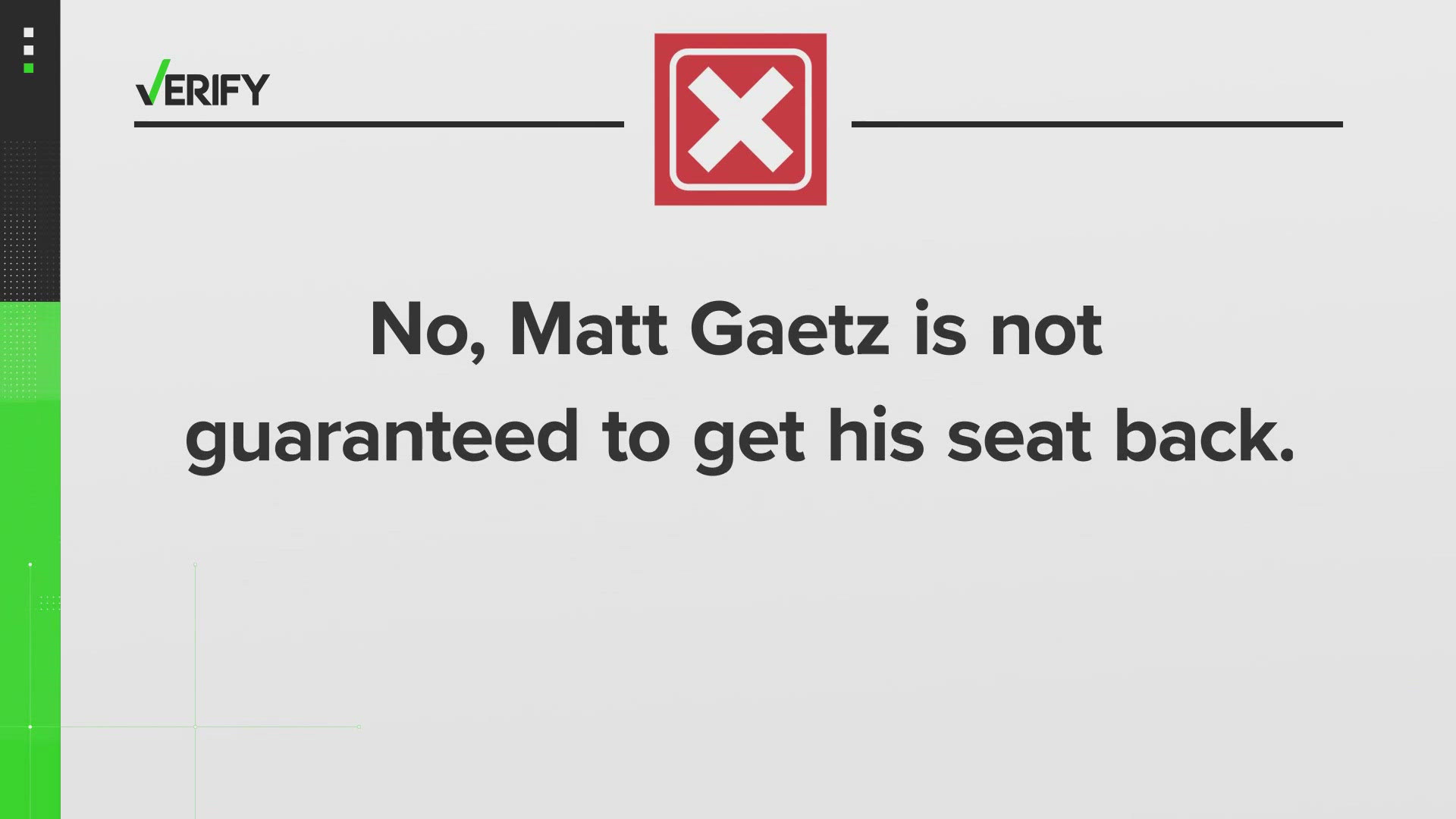SPOKANE, Wash. -- A woman is facing multiple counts of malicious harassment after court documents said she yelled racially motivated comments at her neighbors.
Court records show the cell phone video was taken of Shalisha Israel yelling things like, "You guys drug dealers or something," and "I think you might be terrorists! This is not your America! You are evil!"
KREM 2 posted the story online and many people commented that what the woman said was not right but what about her freedom of speech?
To verify when your first amendment rights are protected and when it turns into harassment KREM 2 talked to First Amendment lawyer David Bodney.
He said the line between your freedom of speech and harassment is drawn with three exceptions to your First Amendment rights. The first is, if the statement constitutes incitement. Meaning if there is a serious risk of imminent harm, it is possible your speech can be limited. The second exception is if the speech uses "fighting words" meaning if someone continues to provoke another in close proximity using language that would cause a person to respond aggressively. The final exception, is if the speaker says a true threat, which is where the speaker communicates in a way that is a true threat to the safety of the recipient. However, Bodney said these three exceptions are fairly difficult to prove.
"There are not a lot of fighting word cases out there, and there are not a whole lot of true threat cases out there. And thought the court recognizes this notion of what constitutes incitement, it's a very difficult standard to meet," Bodney said.
Bodney adds that your first amendment right is not absolute. In the case of this woman who shouted racial remarks at her neighbors, Bodney said the video does not show any pronounced evidence of the three exceptions to free speech. Even though the first amendment could be used as a defense, Bodney said it could still go in the victim's favor.
"If the speech is annoying, alarming or otherwise meets the test of a state statute that define harassment it may well be possible to get an order to restrain that kind of speech," Bodney explains.
KREM 2 can verify there are exceptions to your first amendment rights that would classify your speech as harassment. Before you exercise those rights, make sure your speech does not include fighting words, a true threat or constitute incitement.
Verify: Sources
- First Amendment lawyer David Bodney



